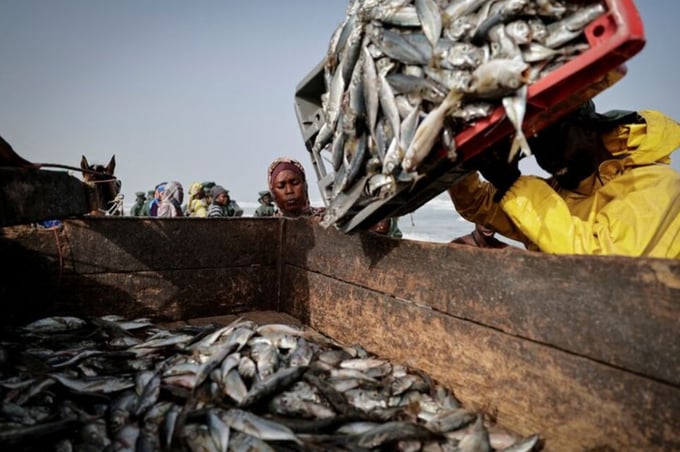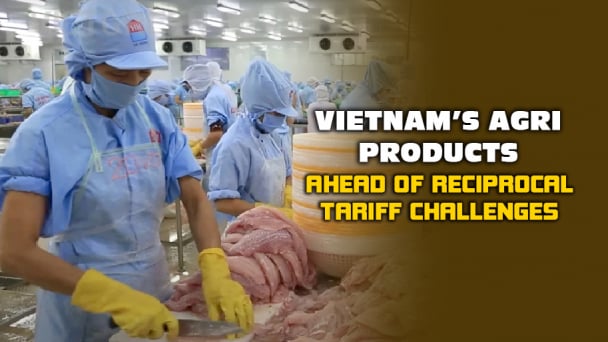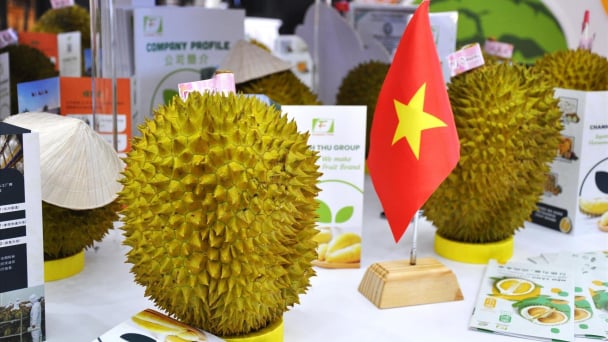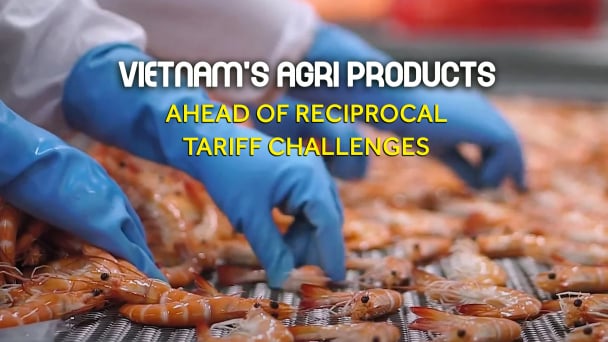May 31, 2025 | 21:42 GMT +7
May 31, 2025 | 21:42 GMT +7
Hotline: 0913.378.918
May 31, 2025 | 21:42 GMT +7
Hotline: 0913.378.918

A vendor waits to buy fresh fish from fishermen in Fass Boye, Senegal, March 20, 2024.
In its latest biennial report on the state of world fisheries, the Rome-based Food and Agriculture Organization (FAO) said global fisheries and aquaculture production in 2022 hit a record 223.2 million tonnes.
Aquaculture, also known as aquafarming, is the cultivation of aquatic organisms such as fish, crustaceans, mollusks, and aquatic plants and algae in controlled environments.
FAO said aquaculture production hit an unprecedented 130.9 million tonnes in 2022, of which 94.4 million tonnes were aquatic animals - 51% of the total aquatic animal production.
"These numbers demonstrate the potential for aquaculture to feed the growing world population," FAO assistant director general, Manuel Barange, told reporters.
"It's been the fastest growing food production system (in the world) for the last five decades," he said.
However, just 10 countries - China, Indonesia, India, Vietnam, Bangladesh, the Philippines, South Korea, Norway, Egypt and Chile - accounted for almost 90% of all aquaculture production, and FAO said it was important to develop the industry elsewhere, especially in Africa, which is currently a net importer of fish.
Critics say aquafarming can damage the environment and put disease and invasive species into the wild, but FAO says this can be avoided by having proper regulation and monitoring.
Friday's report said global per capita annual consumption of aquatic animal foods, a key source of protein for millions around the world, totalled 20.7 kg in 2022, up from 9.1 kg in 1961, and was set to rise further in the years ahead.
The haul from captured fisheries has remained stable since the late 1980s, equalling 92.3 million tonnes in 2022.
However, latest data showed 37.7% of fish stocks in the world's marine fisheries were classified as overfished in 2021 - a continuous, increasing trend since 1974 when the figure stood at just 10%, FAO said.
"The issue of sustainability is of great concern to us," FAO's Barange said, adding however, that many larger commercial fisheries were being well managed, including tuna stocks, now approaching 90% levels of sustainability.
"This is a remarkable improvement over the last decade," he said. Barange said that 80% of the top 10 marine species consumed by humans, were being sustainably exploited.
(Reuters)
/2025/05/30/5010-5-173638_943.jpg)
(VAN) On May 29, at the GO! My Tho Trading Center, the Tien Giang Department of Industry and Trade, in collaboration with Central Retail Corporation, held the opening ceremony of the 3rd Fruit Festival 2025.

(VAN) Reciprocal tariffs are exerting pressure on U.S. exports, prompting Vietnamese firms to shift their focus to Muslim markets, Thailand, and Brazil.

(VAN) A free booth for two years at Xinfadi, Beijing's largest wholesale market, will be allocated to Vietnam's agricultural products.

(VAN) Vietnamese shrimp exporters are actively looking for alternative markets and accelerating shipments to the United States in response to the pressure of impending reciprocal tariffs. This is occurring during a temporary tariff suspension.

(VAN) The import-export turnover between Vietnam and Singapore rose amid a trade rebound, with machinery, electrical equipment, and fuels making up the majority of the transaction value.

(VAN) Director General of the General Administration of Customs of China, Ms. Sun Mai Jun, has pledged to implement measures that will ease the import process for Vietnamese agricultural products.

(VAN) Although Vietnam is still increasing its coffee exports, the industry is currently in the process of determining market strategies in response to the U.S. imposition of reciprocal tariffs.